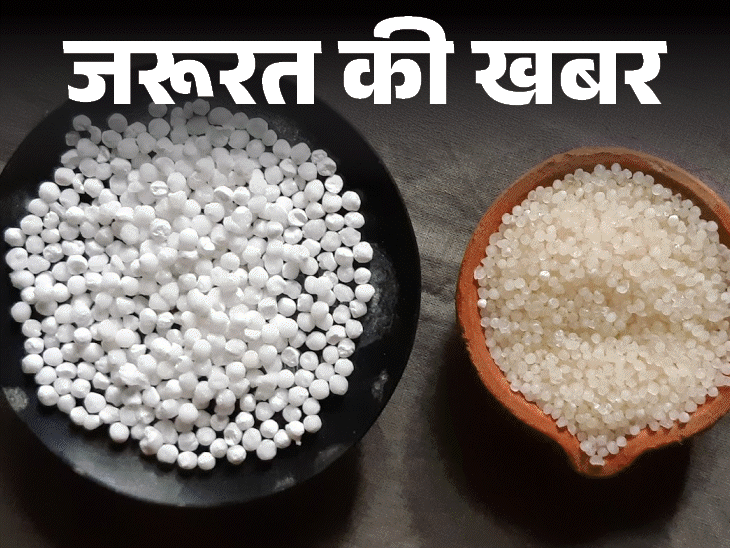6 minutes ago
- Copy link
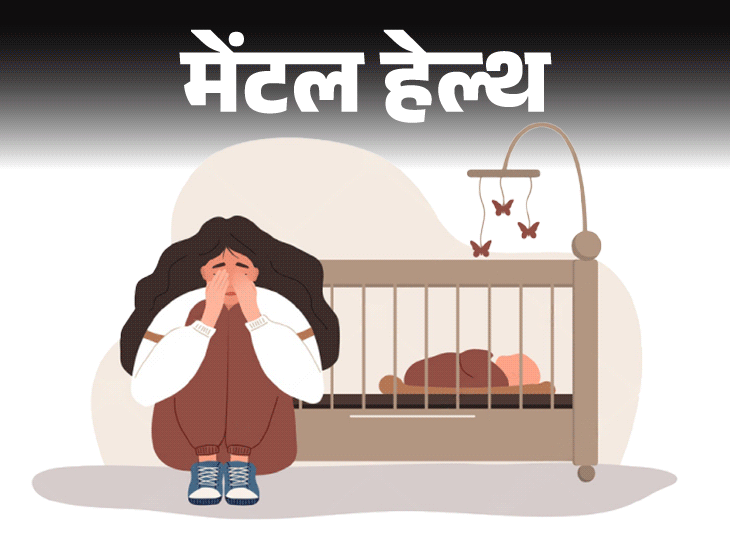
Question- I am 33 years old and I am a working woman. I have been on maternity leave for the last five months. My second daughter was born five months ago. Everything was fine before his birth. But since I was born, I am constantly drowning in a strange kind of sadness. I do not feel the same attachment with the child, as it should be. There is absolutely no energy in the body. Does not feel like doing anything. It seems, just stay lying. I just keep staring at the roof for hours. This was not the case at the birth of the first child. Householders also taunt that you are not the first woman in the world, who has become a mother. How can a mother be such that she does not feel like taking her child in the adoption. I have read about post partm depression. But my husband and family members are very dismissal about this matter. They feel that there is some shortage in me, which I am not happy as a mother. How to explain to them that this depression is real. I do not even understand how to help me. How to convey the family members that I need help.
Expert – Dr. Drona Sharma, Consultant Psychiatrist, Ireland, UK. Members of the UK, Irish and Gibraltar Medical Council.
The symptoms you have mentioned are signs of classic postpartum depression. It is a medical condition, which often occurs in women after the child’s birth. It is not necessary that it will be on the birth of the first or second child. Many times, despite the first delivery being very smooth, the symptoms of postpartum depression may emerge after the second or third delivery. It shows serious effects on mental and physical health of women.
How common is the postpartum depression?
Symptoms of postpartum depression may develop in one of each 7 women. About 30-40% of these are women who did not have this depression after the birth of the first child. Every pregnancy is different. Symptoms of postpartum depression may emerge after fatigue, hormonal changes in the body and increased responsibilities.
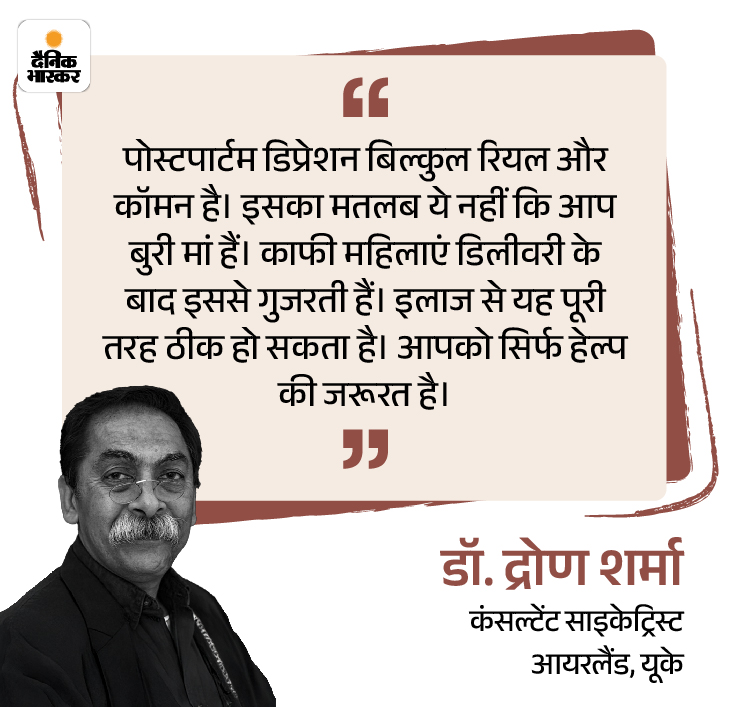
How is the postpartum depression different from general depression?
However, both postpartum depression and general depression are major depressive disorders. Both have constant feeling of depression and sadness, symptoms such as chronic futs and low motivation, but still there is some basic difference between both depression. Understand it from the graphic below –

Postpartum depression test
We will do a test before proceeding. This test can be useful for all women who think she is probably going through this condition. Below are some questions in graphic. These questions are divided into three different categories. They have to rate three parameters. Often, very little and never. If your answer to the question is often, put a mark of tick in front of it. If it is very low, then put a question mark and if it is not there, then mark the cross. After answering the questions, check your score interpretation.

Family Support: What is important to understand husband and family
Postpartum depression is no laziness, weakness or moral collapse. This is a biological, hormonal issue. Nobody does this intentionally. So in such a situation, ignoring the sorrow of a woman-
- Depression may increase.
- There may be a delay in recovering depression.
- Along with the mother and the child, both of them can harm their bonds.
- The risk of damage to yourself or child may increase.
What should the family do in such a situation
After delivery depression is a medical condition. This condition can affect any mother. Also the mother who has taken care of her first child with love. If the new mother is judged or blamed for the fact that she is not loving her child or is not taking care of her properly, then it will not solve the problem, but will become more serious. The truth is that the mother is not doing anything intentionally. He needs love, help and care. So do this instead of blaming the mother-
- Ask how you can help him.
- See how you can make him feel better.
- Help the child raising the baby.
- Give the mother time to sleep and rest.
- Help in tasks like silenceing the crying child, changing his nappy.
- Just listen to the feelings of the mother without judgment, without opinion.
- Create a support system around the mother.
- Try not to feel herself alone.
- Show love, sympathy, compassion and help towards him in every possible way.
- Do not blame him for his situation under any circumstances, do not hold responsible.
- Do not do anything that contains hidden tanj or taunt.
- Remember, at this time he needs your love, help and support most.
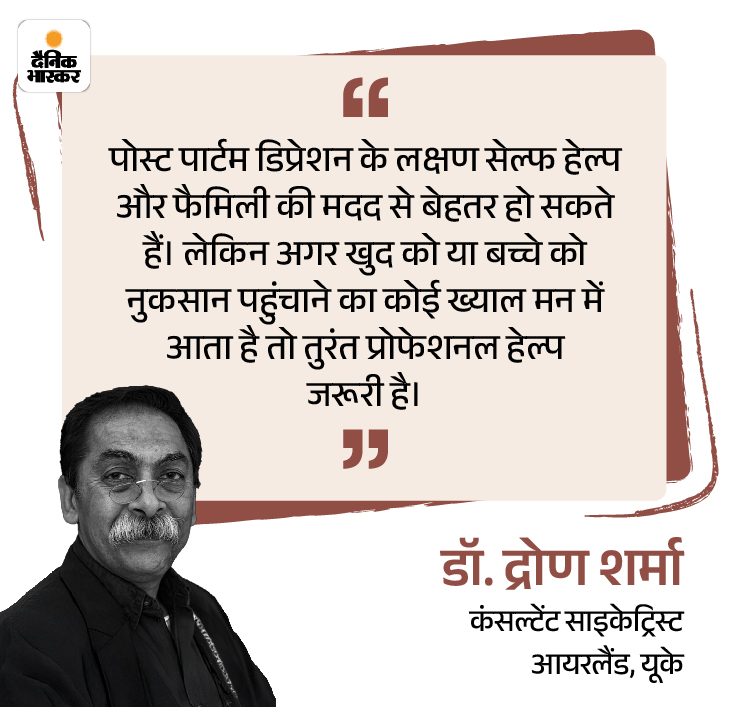
Therapies helpful in treating postpartum depression
Below graphics mention three types of therapies. Many times therapy is also very helpful with self -help and family support. If the situation is serious then taking therapy immediately is a correct decision.
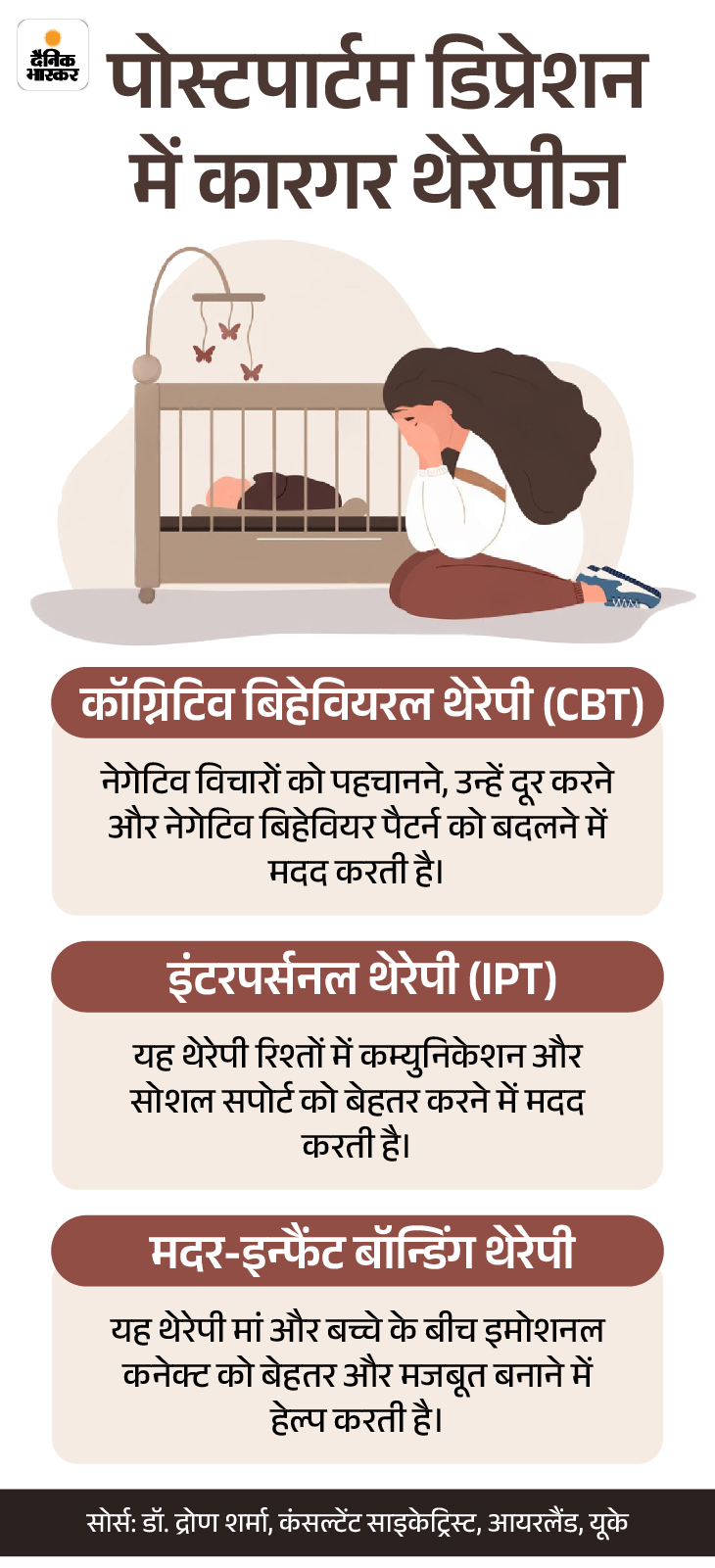
When is immediate help necessary
If there is any of these conditions, call a doctor immediately or go to the hospital immediately:
- When I think of harming yourself or committing suicide.
- When thought of harming your child.
- When hallucinations, confusion.
- When you are not able to get up from the bed at all. It seems that they are unable to do anything at all.
Help and support network for PPD in India
Apart from this, there are many government and non -government help centers and support groups for mothers in India, which can be contacted for help if needed. As-
- National Mental Health Program (NMHP): Material mental health screening is available.
- Nimhans Perineal Mental Health Service (Bengaluru): Special Care for new mothers.
In the end, I would like to tell you and your family that you are not alone. This is not happening to you only. Thousands of women go through this situation and the situation also becomes normal with adequate help and support. You should teach your family this article, explain them and educate and take care of yourself. ……………….. Read this news too …
Mental Health- Mummy-Papa left me in childhood: Nana-wife brought up, I am in deep depression since the grandmother left, what should I do
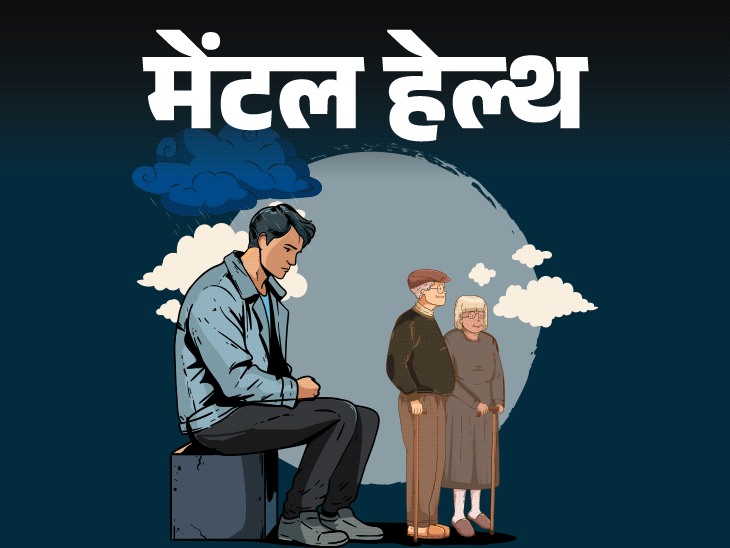
I am 29 years old. When I was one and a half years old, my parents got divorced. Mummy got married second and left me to Nani. I did not even see my father till the age of 19. Both never contacted me. I was raised by maternal grandparents, and I had a deep emotional association with grandmother. Nana died two years ago and Nani died six months ago. Since then I have gone into deep depression. What shall I do? Read full news …

